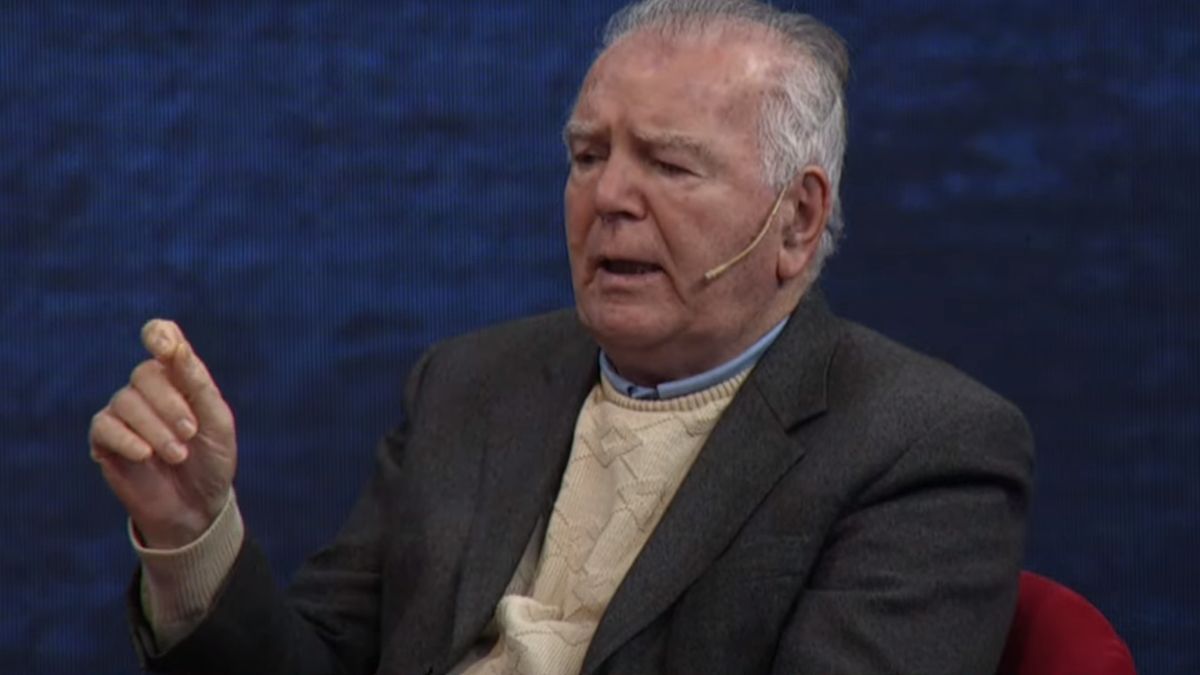According to the World Meteorological Organization, 2023 was by far the warmest year on record. In the last days of that year, the National Executive Branch, led by a president who has indicated that he does not believe that climate change has its origin in the actions of people, has called for extraordinary sessions to discuss the draft Bases Law. and Starting Points for the Freedom of Argentines, which has become popular under the name “Omnibus Law.”
The content you want to access is exclusive to subscribers.
The bill has an Environment chapter, which includes a dozen articles that propose substantive modifications to environmental legislation, achieved during years of articulated work between society, the national and provincial state, the productive sectors, science and legislators.


Faced with this situation, an initial group of 100 non-governmental organizations, which has grown to more than 150 today, has analyzed the project and has sent formal notes to the Chamber of Deputies and the party blocs requesting that the articles that make up the chapter environmental are eliminated from the bill. For more than a month, these organizations held meetings with the deputies who agreed to receive us, we reiterated formal notes and generated information for the interested public on our social networks.
After the commission meetings, the deputies issued opinions. Only the majority opinion maintains the environment chapter with small modifications introduced in the articles that do not reduce the risk of making environmental protection more flexible. Both the minority opinions and the dissent expressed by the blocks that voted for the majority opinion do not include the environmental chapter in the treatment of the Omnibus Law.
However, the Executive maintains the agenda for the treatment of the majority opinion and proposes that the deputies vote to make official the definancing of the Native Forests Law, make the protection of glaciers and periglacial zones more flexible, generate mechanisms for the tacit approval of the burning and, already in other chapters of the law, modify the way of accessing fishing quotas in the Argentine sea and generate an incomplete greenhouse gas emission rights allocation system.
Organized civil society has made efforts, so far unsuccessful, to remove the environmental chapter from the omnibus law. However, and in view of the imminent vote article by article, it is necessary to emphatically request the deputies of the blocs that have issued minority opinions – and those who have expressed their dissent with the majority opinion – to vote negatively for all the articles that make up the environmental chapter, as well as those linked to the fishing law and those related to the power of the Executive to assign greenhouse gas emission rights. That is, the deputies who expressed dissent to the majority opinion or drafted minority opinions must be seated in their seats at the time of the vote to make their official positions effective so far.
There are plenty of justifications for this negative vote, since these articles are contrary to what is established in Article 41 of the National Constitution and regressively alter the regulations, going against international agreements signed by the country such as the Escazú Agreement. These modifications seek to alter, in a non-consultative and unjustified manner, environmental laws such as those on native forests or glaciers, which are the result of a broad social consensus, largely the product of the debates held in the National Congress. Attentive to the commitments expressed by various deputies and blocs, we expect a negative vote on all the articles in the environment chapter and those linked to fishing and greenhouse gas emission rights.
General Director of Fundación Vida Silvestre Argentina
Source: Ambito
David William is a talented author who has made a name for himself in the world of writing. He is a professional author who writes on a wide range of topics, from general interest to opinion news. David is currently working as a writer at 24 hours worlds where he brings his unique perspective and in-depth research to his articles, making them both informative and engaging.




